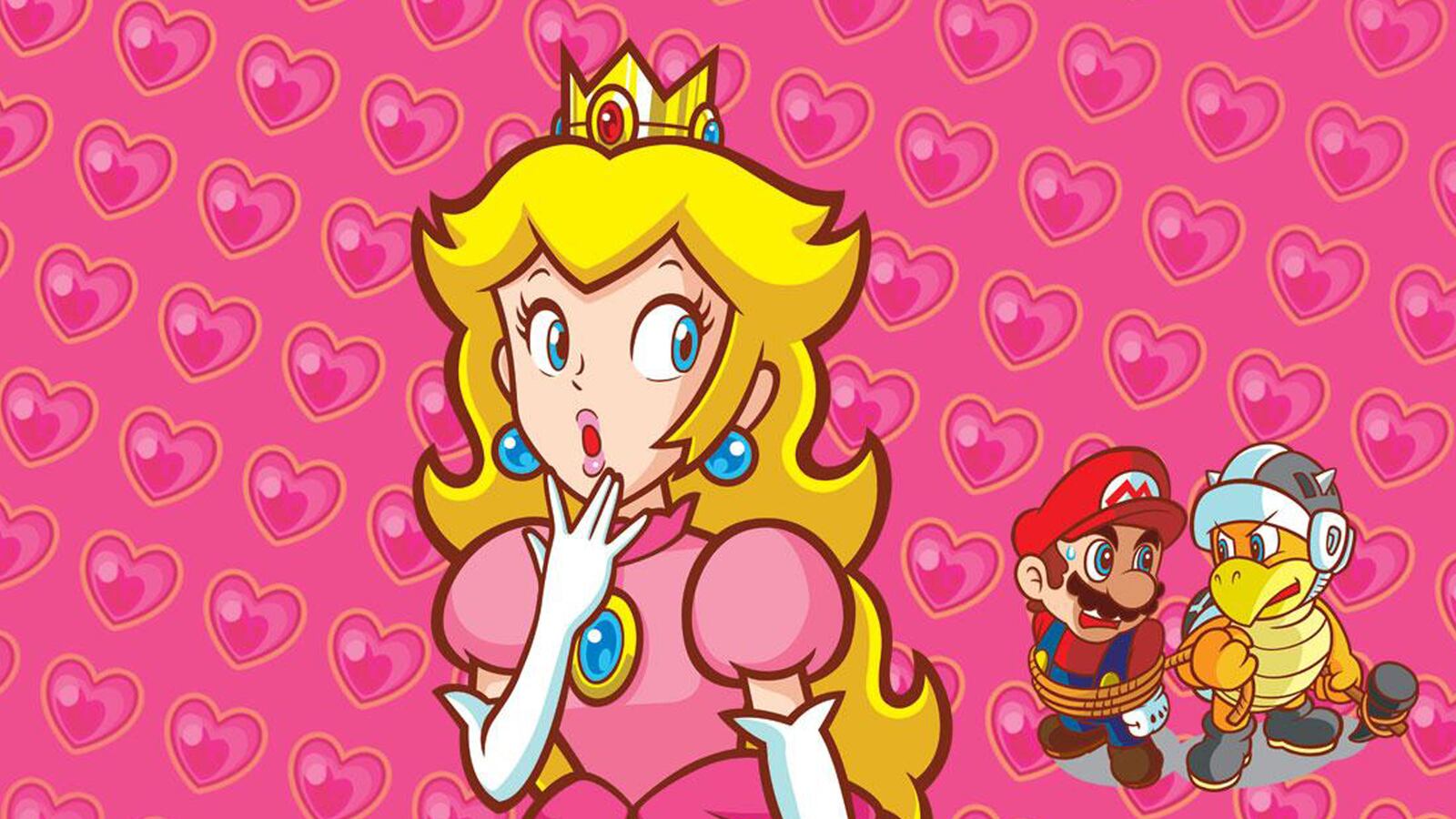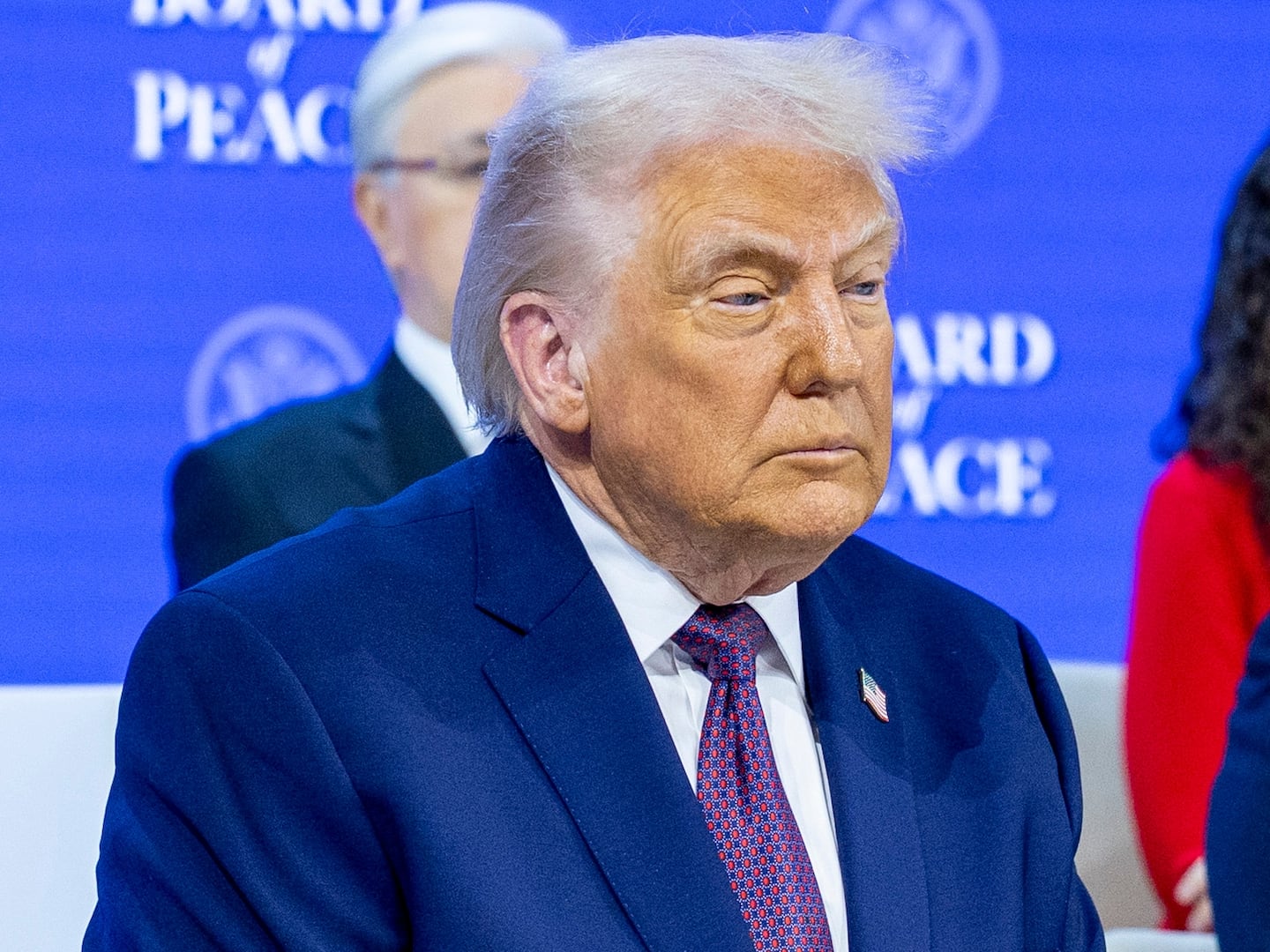As I played Super Mario Bros. in the early ’80s, a wisp of a child whose eyes were burning, sitting too close to the TV since controller cords were only three feet long, I never imagined a future where video games could make me choke up with emotion. I never thought I’d spend so much money on video games. I certainly never thought I’d be talking about sexism and video games in the same conversation.

And yet here we are.
I promise, this is not going to be another essay about the rampant, multi-headed beast of misogyny that can infect the industry—that’s been done enough, and is such an well-covered issue that there’s little originality to add to the conversation. To me, nitpicking all the things the industry is doing wrong isn’t creating a better gaming environment for anyone. Sure, there have been many instances of sexist, atrocious, mob-like, creepy behavior on the part of game designers, gamers, and journalists, but there are also amazingly progressive, interesting, and radically egalitarian things happening in the industry as well—you just don’t hear those stories as much.
We gamers have to start taking this thing we’re passionate about a bit more seriously as a real juggernaut of culture and entertainment. We wanted our hobby to be seen as more than just an immature collection of dots that shoot at each other, and we’ve gotten our wish. But with that comes a modicum of responsibility.
This medium is no longer “our secret”—it's a multimillion-dollar industry just as important as TV or movies. Like the film industry, there are huge big-budget video game titles that are fun to play and hit all the familiar gaming tropes—any Call of Duty game, Wolfenstein, the Halo series—and there are tiny indie titles that will completely blow your mind with their approach to what gaming means. Games like Gone Home, Child of Light, or Journey.
It used to be that video game plots were a paragraph in the booklet that came with the game, the method for delivering missions to the player, but these days the narratives are sophisticated and well-written, worthy of any movie. Video game characters used to just be defined by bad dialogue and worse pixelation, and now they are fully fleshed-out personalities that you love, hate, and get to inhabit. Also sometimes you play an octopus who is trying to convince the world he’s a regular dad (see Octodad: Dadliest Catch). It’s an incredibly diverse world out there, so to say that video games are sexist, violent, or stupid is reductionist and a little lame.
Gamers, male and female, have grown up making excuses for the games we love. “Sure, the story makes no sense, but look how tight that shooting mechanic is!” “OK, so no woman would actually fight in a thong and two triangles over her nipples—but at least she kicks ass!” We desperately, passionately love the games we love, and we spend hours and hours on them, so we can sometimes get a little defensive when people (specifically people who don’t play video games) attack this thing we’ve devoted so much of our lives to.
I’m just as guilty of this as anyone—I will shout at those who try to tell me that video games make kids violent. But I promise you this, fellow gamers: Video games will continue to be important and relevant and amazing, even if they are critiqued. They can withstand a bit of examination. They aren’t going anywhere, and they’re only getting better.
I’m not calling for the entire industry to be fixed, because it’s not broken. What I am calling for is a bit of a truce between the two sides I often feel caught between: the social justice mavericks who want games to reflect the most progressive parts of society, lest they be deemed dangerous; and the gamers who believe that updating any part of gaming to reflect modern times is acquiescing to a world that “doesn’t get it.”
Neither side is correct. The gaming industry can withstand a critical look, but it can and must also withstand some diversity in its ranks. As video games expand and evolve, that evolution means that not every game will reflect the world as you wish to see it.
***
“So, what’s it like to be a female gamer?”
I am asked this question a lot, and I usually respond by asking what the person really wants to know: What it’s like to play video games and also menstruate? Or what my experience of sexism is like in gaming? The feisty feminist in me has often warred with the longtime gamer in me.
To be a female gamer is to learn to live with a bit of this weirdness, despite the fact that women are playing video games just as much as men these days. Being asked to speak about sexism in gaming at events often means that I am being asked to speak for the entire female population’s response to some sexist news story. These invitations often have the lead-in of, “We need a woman for this panel, and you’re a woman…”
I have so many conflicting thoughts: Yes, it does bug me that anytime I say anything feminist as a gamer I am dismissed as a “no fun whiner.” No, it doesn’t really bother me that female characters are often scantily clad and look like porn stars. Yes, I get exasperated when workers at Comic-Con game booths don’t offer me a controller, assuming I’ve been dragged there by the guy I’m with. No, I don't need to prove to you how legit I am, even though I felt compelled to do so in this very essay. Yes, I want to see female characters doing something in games other than being the thing to rescue. No, I don’t have to have a female-protagonist option in every single game. Yes, I do still break into “I’m a fraud” sweats when I am asked to play a first-person shooter in front of an audience, because I cannot shake the feeling that as a woman, I’m supposed to be good at FPS games just to buck the stereotype that women are bad at shooters. (I like FPSs, but really I’m pretty bad at them, as anyone who has played Titanfall with me can attest.)
I have struggled mightily with how to be a feminist gamer, and it wasn’t until recently that I came to some sort of resolution for myself. During a recording of The Indoor Kids podcast, my male co-host and I were discussing our preference for silent protagonists (those who don’t speak and only act as you instruct them) versus character protagonists (those who have their own personalities that you are invited to inhabit). He said that he preferred silent protagonists, because it helps him put himself in the game more; it helps him think of himself as the main character.
I was genuinely taken aback.
It had never occurred to me that I could be the main character of a video game. I think of myself as playing a role every time I fire up a console; I happen to like inhabiting characters that are totally unlike me. I’ve been big brutish men, aliens, small squares, large gorillas, small gorillas, mystical mages, and everything in between. But never once have I thought of myself as being the main character of a video game, because very rarely are the main characters female. (I can hear you shouting at me about all the games throughout history that have had female protagonists, but that paltry number doesn’t disprove my point.) The times that I have played a female protagonist have been fun, but I am far past the point of being able to fully put myself into a video game.

Had I wanted to connect to a fellow female in games growing up, my biggest option was to really hone in on the Princess in Donkey Kong, nervously rocking back and forth at the top of the scaffolding, waiting for a plumber. Or to vibe with the Princess in Super Mario Bros., hanging out in a castle and waiting for a plumber, only to be taken to another castle by a dragon. Or to put myself in Zelda’s shoes, hanging out and waiting…you get the point. I simply thought it was outside of the realms of reality to expect video games to take a female's perspective. This didn't turn me off from gaming—instead it helped me grow my imagination, helped me act in games in ways I never would as a little girl.
But here’s the thing: all those lovely side benefits can be accomplished today, while still giving girls the option of playing as a female. What I want is for young females growing up today to have the option to feel the way my male co-host did growing up—to imagine themselves as the heroes of a strange and well-pixelated world. They don’t have to always feel that way. I want young women to see female characters in games that are both the traditional sexualized kicking experts, as well as the fully-formed, complicated characters like Ellie in The Last of Us. I didn't have that chance, and it didn’t ruin me, but it wouldn’t hurt for male and female children today to see both genders swashbuckling and jumping and adventuring.
I would never expect every single movie that comes out to conform to my standards of what is just and entertaining. Some movies inspire me, some movies make me high-five strangers, some make me roll my eyes and wish they didn’t exist. This level of variety is starting to creep into video games as well, and that is all I am truly asking for: options.
Options, and an understanding that having a myriad of options doesn’t mean “feminism is winning” or “misogyny is winning.” Maybe UbiSoft won’t have a female protagonist in their new Assassin’s Creed game, and maybe they’ll give a pretty cringeworthy answer when asked why, but rather than spending time tearing them down, let’s move on from the games that don’t diversify the industry and focus on the games that do. People are going to play Assassin’s Creed regardless, and not having a female protagonist doesn’t make the game less quality. It just makes it a little outdated.
I do appreciate what a lot of critics are doing, systematically dismantling every problematic habit the video game industry has developed in the past 30 years and calling for boycotts. It’s a necessary examination, as video games have been allowed to run amok in the basement of culture for a while now, yet I don’t agree that every sexist element of gaming needs to be eradicated immediately.
If I don’t like what your game is presenting, either in misogynistic terms or in lousy graphics, I don’t want to spend my time trying to put the developer out of business. I just want to be able to have games I consider better uses of my time to be available for me to play, and I want your lame game to be moved to the bargain bin at GameStop. Wanting all types of games to exist is how I make peace with my feminism and my love of games.
None of this ongoing conversation is going to make me give up on the industry. As video games evolve and expand our ideas of what interactive entertainment can be, it’s going to be up to us, as gamers, feminists, and people, to set the tone and the attitude of the industry. Protesting misogyny in gaming by not playing video games is misogyny working. What part of feminism means that I walk away from the things that challenge and upset me on occasion? I like being challenged, and I don’t mind making room for myself at a table where no one has set a place for me.
With each successive generation, we can move on from the basic challenge of whether or not a woman exists in every video game, to more advanced challenges like how we’re depicting women in video games. I like my challenges to get increasingly difficult. Video games taught me that.






